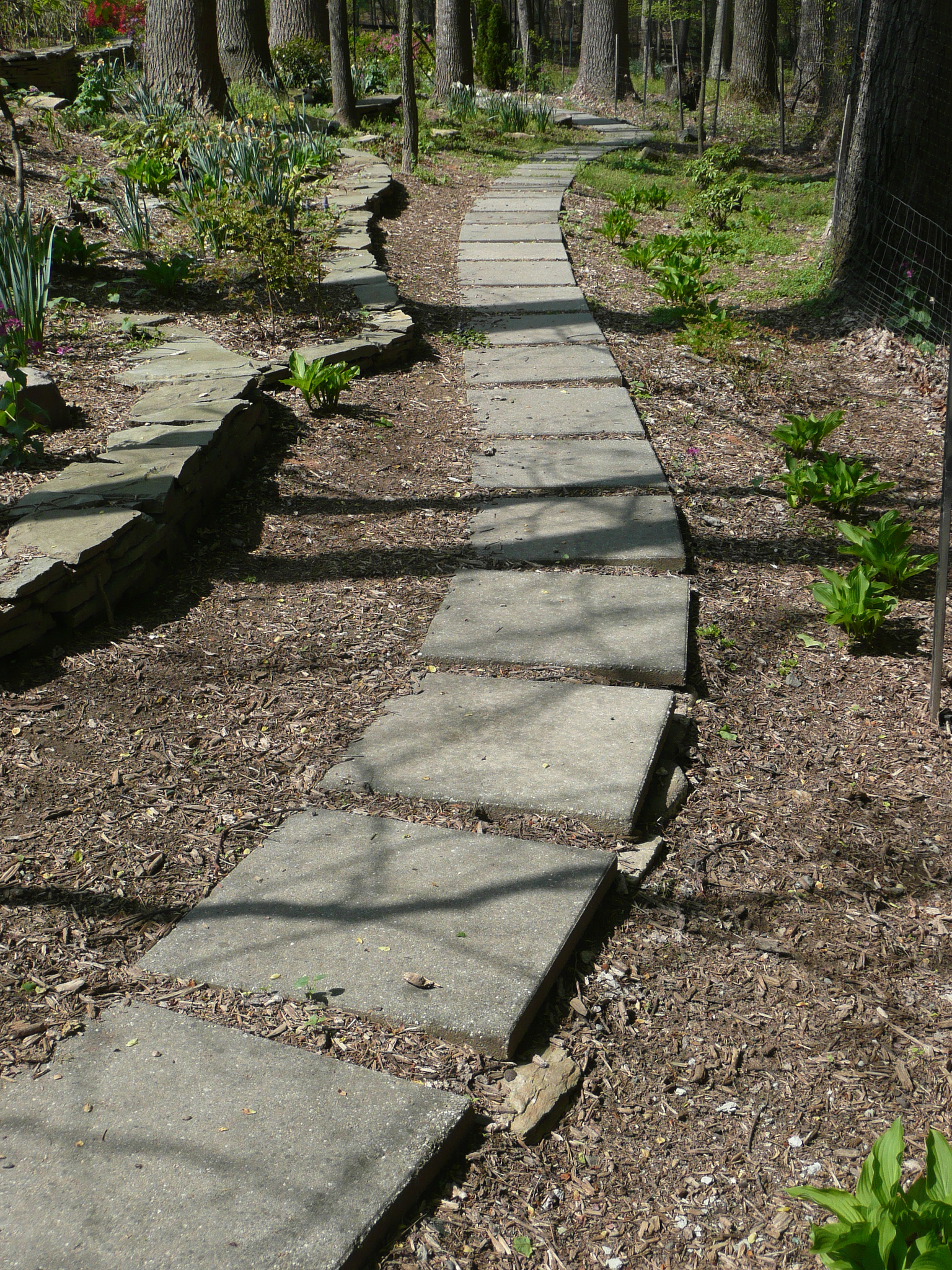Next week, you’ll hear something completely new from Saving the Game, though with any luck, you won’t much notice – it’ll be the first episode that I’ve edited the audio on. Grant has his second child on the way, and he and his wife are understandably a little busy at the moment with preparations for the new kid’s arrival, so I told him that if he got me a good set of documentation (which he did), I’d take on the task of editing the podcast for the next episode or two.
What I didn’t tell him (though I’m pretty sure he’s figured out in the meantime – Grant is, as I’m sure you’ve noticed by now, a pretty smart guy) was that the idea scared me out of my mind. I tend to be a fairly risk-averse person, and I also tend to view new tasks as more difficult than they ultimately turn out to be. Still, it was something that needed to be done, and I’d been doing the podcast for over 3 years without ever touching the editing side of things, so I figured it was time to give it a try. In my defense, my trepidation wasn’t completely unwarranted – editing is about as critical as tasks get for a podcast, and I need to be done a week from the day this blog post drops.
Have no fear, I’ve got a releasable (though not quite perfect) version done already. It actually went better than I expected, which is a fairly standard experience when I try something new I’m worried about. However, it didn’t go perfectly, but that’s okay, because I got some interesting food for thought out of the experience. (And also some sound editing advice.)
A large part of the editing process for a podcast is going through and pulling out long stretches of silence. A lot of the time when we humans are talking, we pause for a couple of seconds mid-sentence to collect our thoughts. This is a normal part of conversation as it happens, particularly if you’re talking about a conversation that requires thought, or if the person talking tends to be a little more introverted or introspective (so the two of us, both introverts and talking about gaming and theology tend to generate a lot of silence). However, when you’re listening to a podcast, the flow can be a bit jarring if… … …someone… … …pauses… … …for a bit too long in the middle of a sentence. So naturally in editing, you go through and cut large portions of this silence out. (You also cut out a metric truckload of “Umms,” “Uhhs,” “Ahhhs,” and “Y’knows,” lots of Darth Vader breathing, the occasional cough or sneeze, Blarey the Podcast Train, and a conversation about whether or not you’d remembered to use the right microphone. For the record: I had and I hadn’t – at the same time. I was using the right mic in the recording software and the wrong one in our VOIP call).
Cutting a lot of that silence is good, but as I learned from talking to Grant after my first pass over the episode, you don’t want to cut too much of it, either. Some pausing (and even the occasional “um” or “uh”) actually makes the flow of a conversation sound more natural. There’s also a heck of a metaphor there for the way we live our lives and run our games. It can be good to try and make things more efficient up to a point, but cram too much in – in any number of contexts – and the breakneck pace you’ve created will carry you past stuff you wanted to appreciate before you really got the chance to enjoy it. This can be equally true in games where we rip past enjoyable role-playing interludes or even some enjoyable table talk in the hope of “moving the ball” just a little bit more in terms of plot or even combat, and it can be true in life when we over-book ourselves out of the fear of “missing out” or even favor the efficient over the enjoyable without really considering the alternative. (One time I’m really glad I didn’t do that was when my wife and I went to visit Grant and his wife last fall. I’d never been to the South before, and driving through the mountains while the leaves were changing is an experience I’m really glad I didn’t miss by flying instead of driving.)
So the next time you’re planning something, be sure not to cut all the silence. You might find that leaving some of it in lets you appreciate things more.

